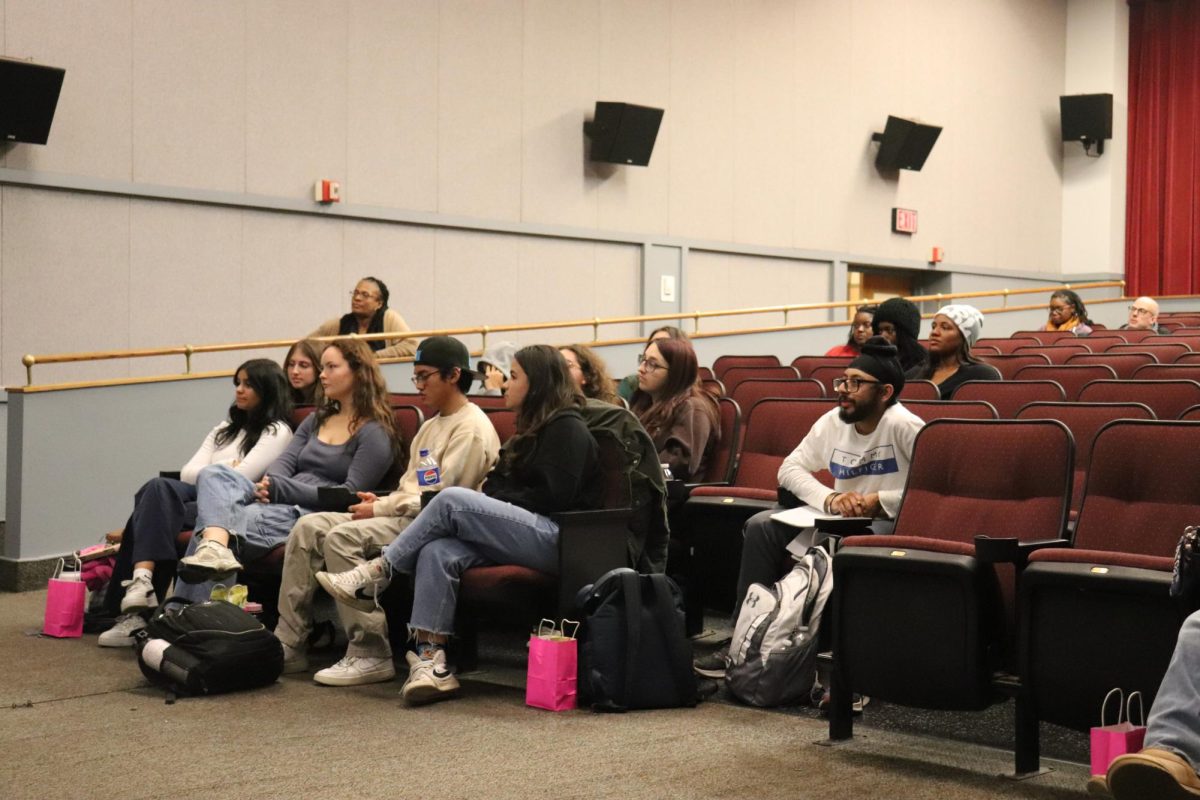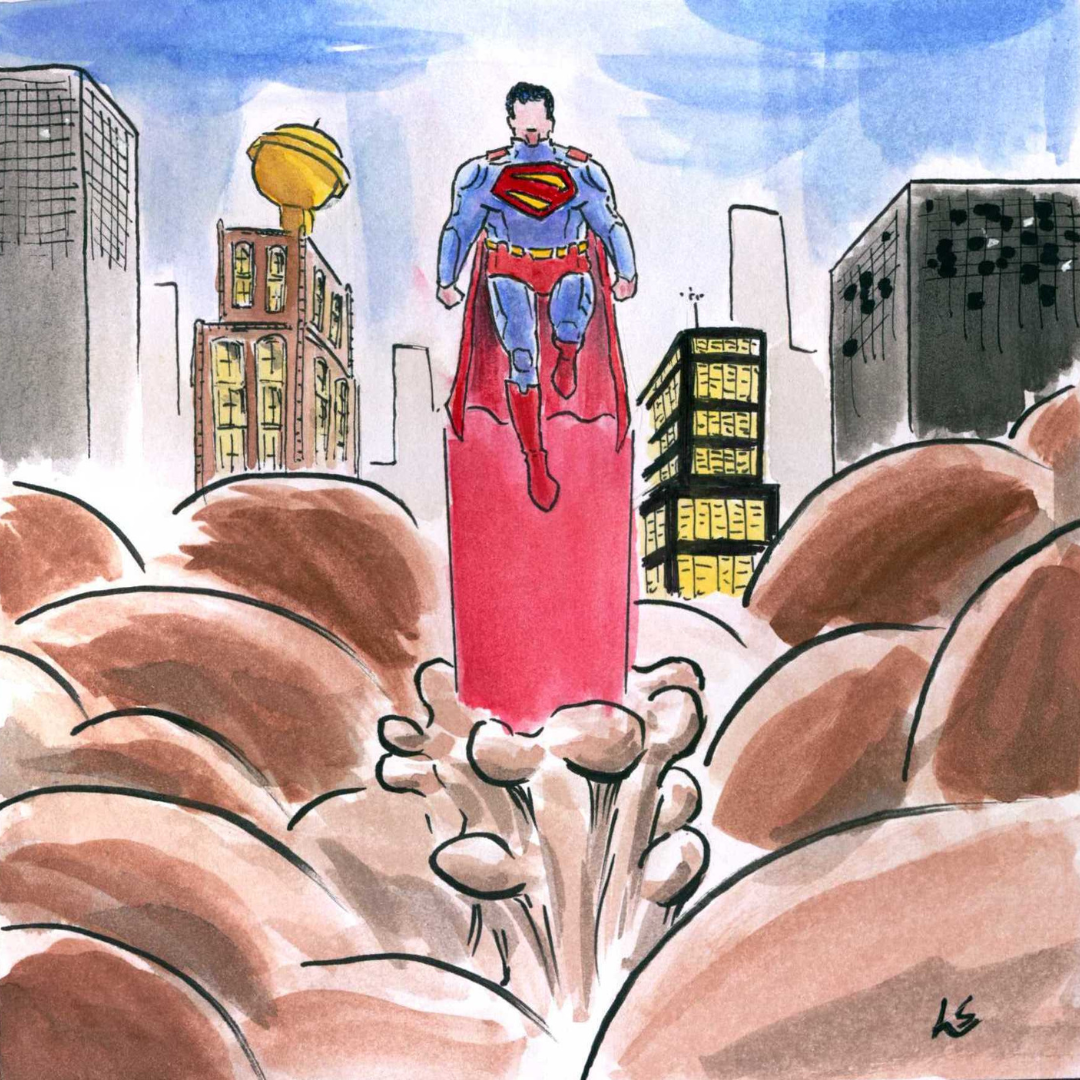When Beulah Mae Mitchell, one of Mattel’s first Black employees, was growing up, she was unable to find dolls that looked like her. After decades of work, Mitchell, alongside other Black women at Mattel, designed the first Black Barbie, a journey narrated through “Black Barbie: A Documentary,” which was screened in the Forum Theatre Oct. 17.
The film screening, hosted by the Women’s Center and Center for Inclusion and Diversity (CID), was followed by a discussion where viewers shared their opinions on the film and relayed personal experiences. The documentary explored a number of themes, including a lack of representation for women of color in toys and the importance of thoughtful and accurate representation.
Baylee Fingerhut ’26, who helped coordinate the event on behalf of the Women’s Center, said one theme that especially stood out to her was the role dolls play in influencing a child’s view of themself.
“One key takeaway that I had from the film was how important representation is in young children when they’re developing and how detrimental it can be when they feel like they’re not represented in media or specifically, in imaginary play,” Fingerhut said.
Aisha Lockridge, Ph.D., associate professor of communication and media studies and facilitator of the film’s discussion, said she hopes the event informed individuals who may have not been familiar with Black Barbie about the doll and her story.
“I think a lot of people don’t know that there’s a Black Barbie, so that would be [my takeaway] for my wider audience,” Lockridge said. “And then I would say for my girls of color to realize that there have been really interesting and intense conversations about what that Black Barbie should look like.”
Lockridge said films like “Black Barbie: A Documentary” are especially important for college students to view because they help contextualize topics young people may already be talking about on social media.
“I feel like showing movies like this gives context, gives more information, gives history, gives a sociological lens, an economic lens,” Lockridge said.
Anjana Mosakowski ’27, a student worker for the Women’s Center who attended the screening, said she believes events like this are important because they prompt students to consider perspectives they may have not reflected on before.
“I think it’s a good message in general to also acknowledge there’s another side,” Mosakowski said. “[There’s] always another argument, always another point of view.”
Sophia Bertsch ’27, another student worker for the Women’s Center present at the screening, said although she personally saw herself and her experiences reflected in the 2023 film “Barbie,” “Black Barbie: A Documentary” allows others who may have not felt represented to “connect directly to intellectual material.”
“I think identity is not complete without intersectionality, and this event is just acknowledgement of that,” Bertsch said.
Tricia Nicoletti ’27 contributed to this article.















































